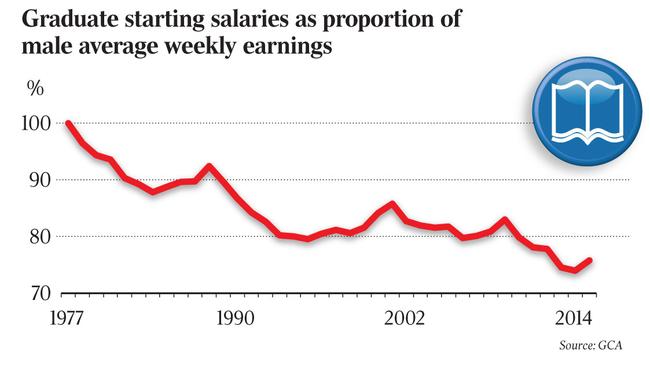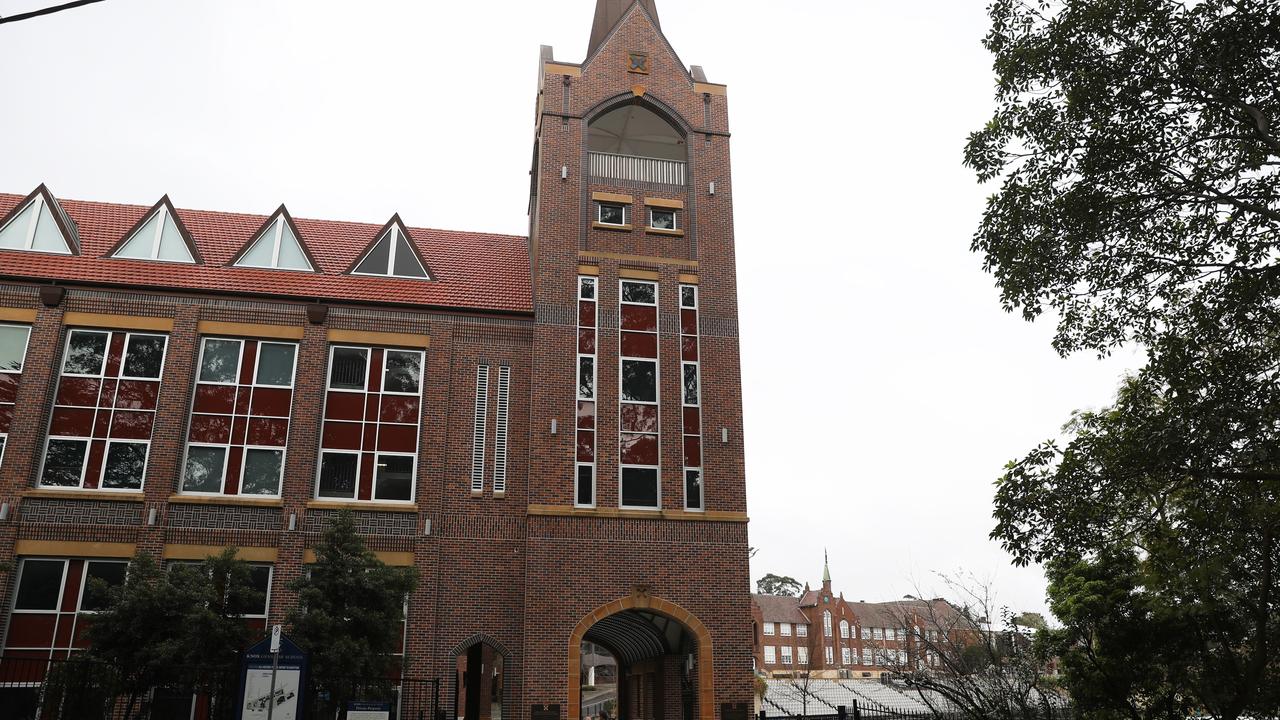HECS debt collectors to tap deceased estates
The Productivity Commission has resurrected a plan to collect unpaid HECS loans from deceased estates.

The Productivity Commission has resurrected a plan to collect unpaid HECS loans from deceased estates, saying it is better than the government’s 2017 budget measure to attack the ballooning HECS debt by requiring graduates to begin loan repayments at lower income levels.
In its Shifting the Dial report, released yesterday, the commission said the government’s plan to lower the repayment threshold to $42,000 annual income from the current $55,874 would create a “repayment cliff” for low-income workers, giving them incentive not to earn more.
The report says the budget proposal won’t deal with university graduates in wealthy households, who do little or no paid work, avoiding HECS repayments.
Nor will it bring retirees, who enrol in a university degree late in life, into the repayment net.
The commission says a more effective way to bring down the HECS debt, forecast to quadruple to $200 billion by 2025, would be to collect unpaid loans from deceased estates. “The fiscal gain would, of course, be much deferred. But it would reduce doubtful debts substantially (by about two-thirds according to one estimate),” the report says.

The Productivity Commission also said universities were too focused on research, and accused them of a “gladiatorial obsession” with the international research-based university rankings, at the expense of good teaching. It also said many employers were not satisfied with the quality of graduates.
The commission shied away from making immediate recommendations in this “complex” area, and indicated its readiness to do a major review of university funding.
However, it did open the way to one major reform — the introduction of teaching-only universities — by saying there was no reason why universities should be required to do research, as they are now.
The commission also says there is a strong case to reduce the estimated $1.5bn a year cross-subsidy from universities’ teaching income to fund research.
It says the cross-subsidy gives universities an incentive to maximise student numbers in high margin courses. “This can result in oversupply or undersupply of graduates in certain fields,” the commission says.
Launching the report in a lunchtime speech yesterday, Treasurer Scott Morrison gave his backing to a rethink of higher education policy, saying “we have a university system that is more preoccupied with (research) publishing than improving teaching standards”.
The research-heavy Group of Eight universities welcomed the Productivity Commission report.
The report reinforces the Go8’s long-held view that the current funding model for universities is distorted and leads to perverse outcomes — particularly as it relates to research funding,” the group’s chief executive, Vicki Thomson, said.



